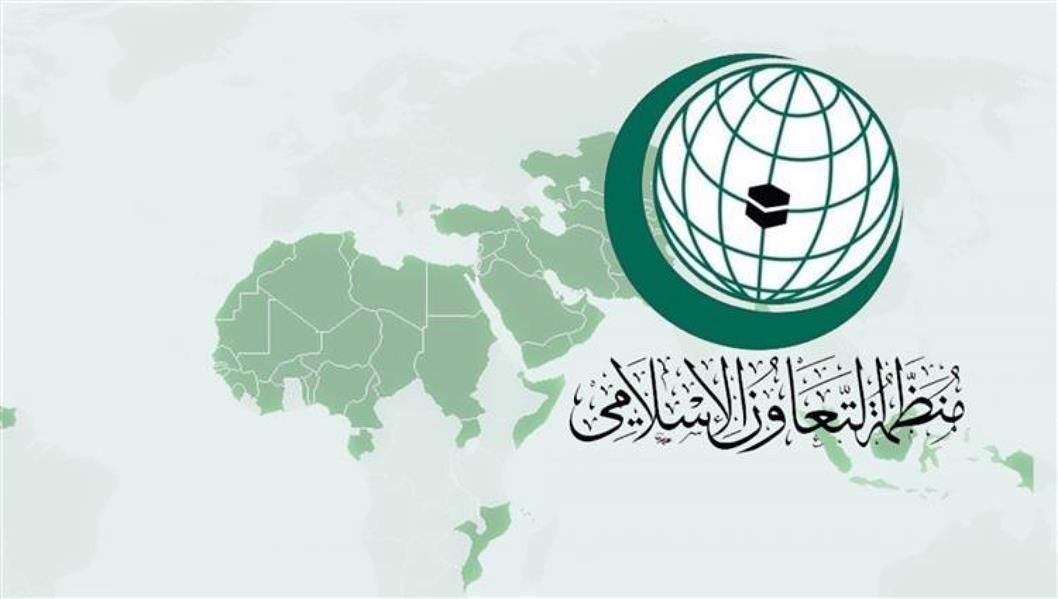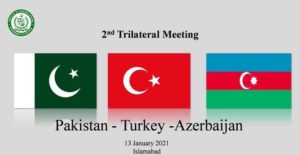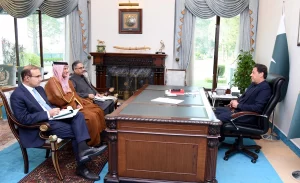The steering committee on health of the Organisation of Islamic Cooperation (OIC) has held an emergency session over the current situation of coronavirus pandemic.
Aisha Farooqui, spokesperson of the Foreign Office (FO), said in a statement that an emergency virtual meeting of the OIC’s Steering Committee on Health (SCH) at the health ministers-level was held to discuss the COVID-19 pandemic on April 9.
The meeting was attended by health ministers, and representatives from OIC-SCH member states, as well as heads and representatives of OIC institutions and organisations including President of the Islamic Development Bank Group (IsDB Group) and a number of international organizations.
Special Assistant to the Prime Minister (SAPM) and Minister of State for Health Dr Zafar Mirza represented Pakistan.
Speaking on the occasion, Dr Zafar Mirza stated that the COVID-19 pandemic posed an unprecedented challenge to humanity, which required a collective international response.
Highlighting Pakistan’s efforts, he underscored that Islamabad had been actively engaged in containing the pandemic from its outset by taking several preventive measures.
The SAPM stated that planning and coordination efforts were being led by Prime Minister Imran Khan himself. To ensure a unified national response, a robust institutional mechanism was set up under the National Security Committee (NSC) and National Coordination Committee (NCC).
The National Command and Operation Centre (NCOC) was the implementation arm of the NCC. Necessary lockdown measures including closing of schools, banning public gatherings were also put in place, he added.
“The impact of these efforts was enormous as Pakistan was still in the containment phase.” The special assistant said that Prime Minister Imran Khan had announced a relief package of US$ 7.5b for vulnerable groups.
Dr Mirza termed the pandemic both as a challenge and opportunity for introspection, especially on healthcare spending and emergencies’ preparedness.
Emphasizing the importance of health security as a key component of national security, he underlined the need to develop health regulations at international level and a legal framework at national level to enhance investment in healthcare security infrastructure.
The SAPM emphasized that OIC should strengthen its capacity to cope with this unprecedented challenge by exploiting comparative advantage of member States in the development of pharmaceutical products, vaccines and PPE. He also highlighted Pakistan’s comparative advantage in the healthcare sector.
The SAPM assured the OIC General Secretariat and OIC member states of Pakistan’s full cooperation in combating the pandemic.
In his remarks, OIC Secretary General Dr Yousef A Al-Othaimeen highlighted the need for the OIC member countries to take immediate and decisive measures to combat the COVID-19 pandemic.
He expressed OIC’s readiness to utilize its available resources to help the peoples of the Islamic world in these difficult times and expressed appreciation to the IsDB and the Islamic Solidarity Fund for their initiatives.
A joint statement was also issued at the end of the virtual meeting which, inter alia, called on the OIC countries to exchange more information, experiences and capabilities to combat COVID-19 pandemic.
Pakistan is a member of the OIC-SCH. Other members include Saudi Arabia, the UAE, Maldives, Mauritania, Chad, Turkey, Egypt, Malaysia, Indonesia and the Sudan.





